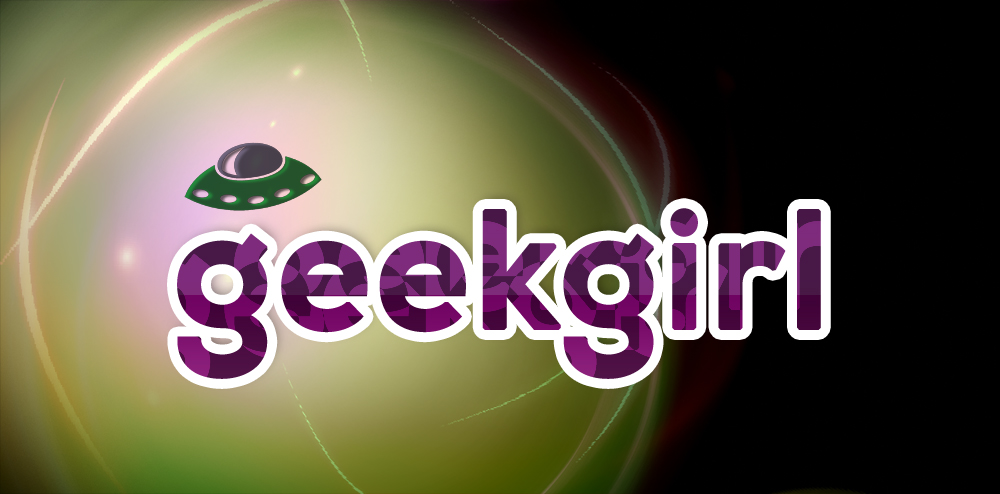Key Concepts
Science 2.0 generally refers to new practices of scientists who post raw experimental results, nascent theories, claims of discovery and draft papers on the Web for others to see and comment on.
Proponents say these “open access” practices make scientific progress more collaborative and therefore more productive.
Critics say scientists who put preliminary findings online risk having others copy or exploit the work to gain credit or even patents.
Despite pros and cons, Science 2.0 sites are beginning to proliferate; one notable example is the OpenWetWare project started by biological engineers at the Massachusetts Institute of Technology
The first generation of World Wide Web capabilities rapidly transformed retailing and information search. More recent attributes such as blogging, tagging and social networking, dubbed Web 2.0, have just as quickly expanded people’s ability not just to consume online information but to publish it, edit it and collaborate about it—forcing such old-line institutions as journalism, marketing and even politicking to adopt whole new ways of thinking and operating.
Science could be next.
More>…
